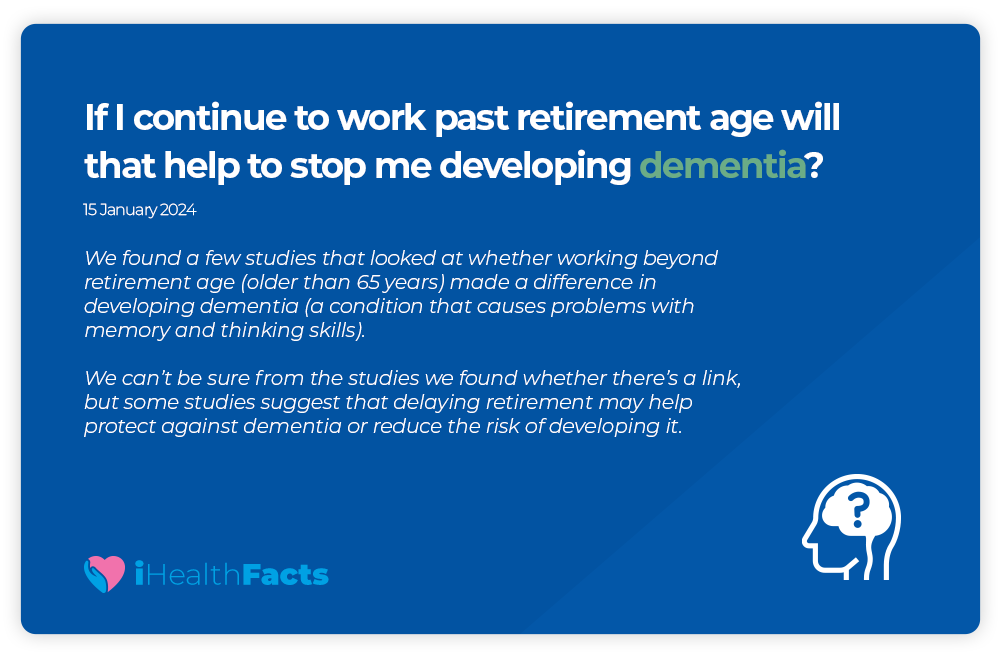- Lead Researcher: Dr. KM Saif-Ur-Rahman, Senior Research Methodologist, Evidence Synthesis Ireland and Cochrane Ireland, College of Medicine, Nursing and Health Sciences, University of Galway.
- Reviewed by: Dr. Paula Byrne, Senior post-doctoral researcher, iHealthFacts, Evidence Synthesis Ireland and Cochrane Ireland, College of Medicine, Nursing and Health Sciences, University of Galway.
- Topic advisor: Dr. Darren Dahly, Principal Statistician, HRB Clinical Research Facility, Cork, Ireland, and Senior Lecturer in Research Methods in the UCC School of Public Health.
- Public and Patient advisor: Deirdre Mac Loughlin, Public and Patient Involvement in research (PPI) advisor, PPI Ignite, University of Galway.
- Journalist Advisor: Dr. Claire O’Connell, PhD in cell biology, Masters in Science Communication. Contributor to The Irish Times, writing about health, science and innovation.
Conflict of Interest Statement: The authors have no financial or other conflicts of interest for this health claim summary.
